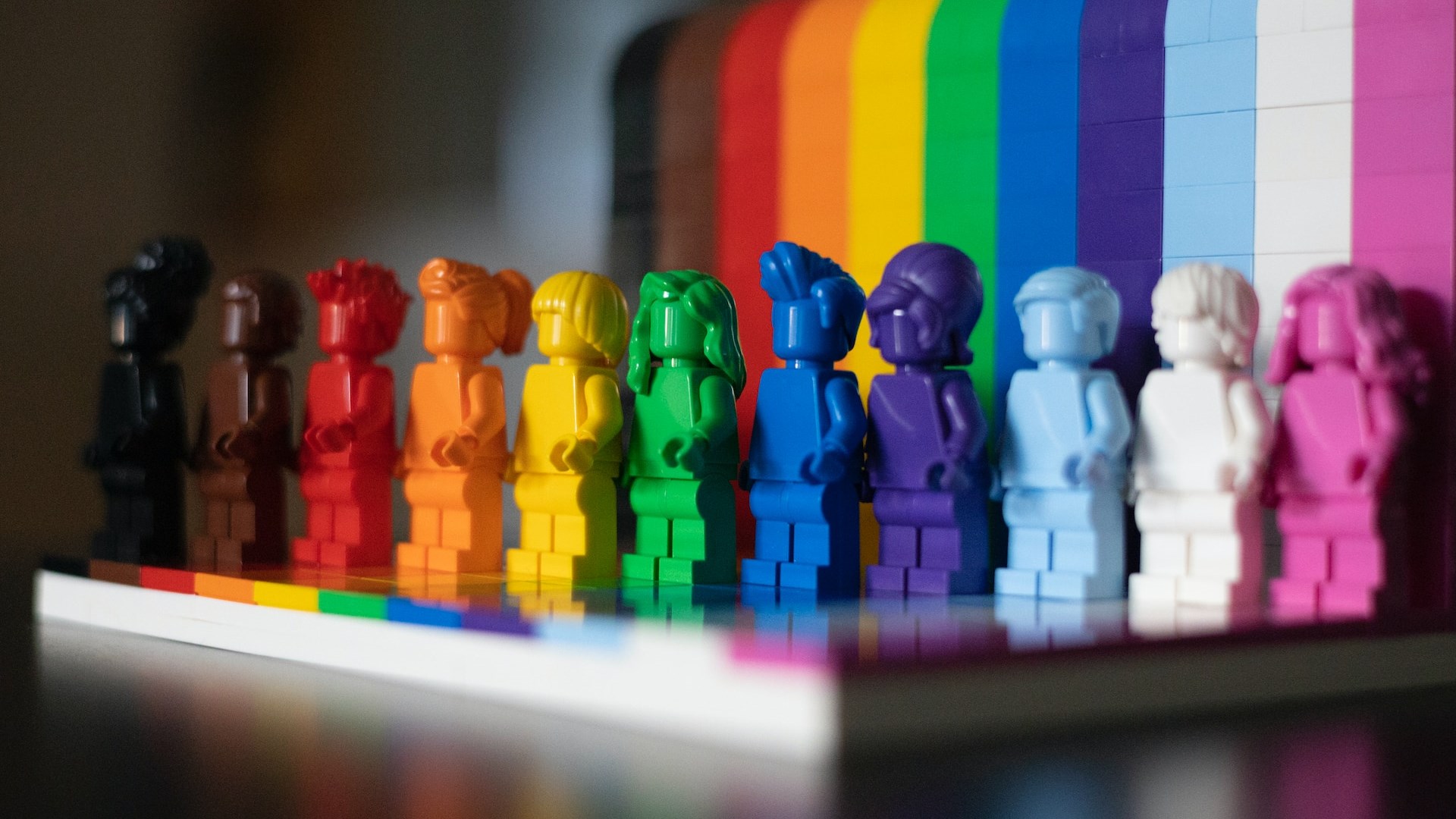
The importance of LGBTQ+ representation
Recent years have seen a growing movement for LGBTQ+ representation. And for good reason: representation matters.
From films and television to politics and public life, accurate representation of the lives of LGBTQ+ individuals can challenge stereotypes, combat discrimination and promote acceptance. It can have a powerful impact on our perceptions of the world and help shape our understanding of societal norms, values and expectations, and that includes the LGBTQ+ experience.
A positive shift in LGBQT+ representation
For too long, LGBTQ+ individuals have been portrayed in the media as one-dimensional caricatures, objects of ridicule, reduced to their sexuality and stripped of any real depth or complexity. This has led to the erasure of the diverse experiences within the LGBTQ+ community, perpetuating harmful stereotypes and reinforcing discriminatory attitudes.
As LGBTQ+ representation increases, so does the diversity of stories being told. Recently, more and more TV shows, films and other forms of media are featuring authentic LGBTQ+ characters and storylines, from joy and love to pain and struggle. This positive development not only reflects the reality of the world we live in, but also presents a more nuanced view of queer life which can lead to greater empathy and acceptance.
LGBTQ+ representation and psychotherapy
It’s important that LGBTQ+ individuals see themselves represented not only in the media, but in different sectors of society including the professionals who support them. This lack of representation in the media, history books and even in the medical and psychological fields can lead to feelings of isolation, internalised homophobia and self-doubt. Mental health professionals would have seen first-hand the impact that societal invisibility and marginalisation can have on one's mental health. Studies have shown that LGBTQ+ individuals are at a higher risk for depression, anxiety and suicide. Having LGBTQ+ role models and frames of reference can help tackle the mental health issues faced by the community.
We spoke to UKCP psychotherapist Alessio Rizzo about LGBTQ+ representation in the psychotherapeutic workforce: ‘Healthcare providers need to create safe spaces, considering the high levels of suicide in the LGBTQ+ community. In the mental health field, the presence of LGBTQ+ professionals that are trained and ‘out’ gives a unique opportunity to LGBTQ+ members to seek support and connect to someone who has a shared experience of what it means to exist in a heteronormative world.’ For Alessio, ‘LGBTQ+ representation is key to convey to the wider public that it is okay and respectable to be a member of the LGBTQ+ community.’
Find an LGBTQ+ therapist
Are you looking for a safe space to talk about things that concern you? Our Find a Therapist can help you find a practitioner near to you. If you would feel more comfortable talking to an LGBTQ+ professional, you can use the keyword search to filter results according to your needs. Make sure to read the therapist’s ‘about me’ section to find out more about their experience with LGBTQ+ clients.
And if you’re an LGBTQ+ student or trainee, you can listen to our podcast episode with UKCP psychotherapist Alessio Rizzo where he talked about how having an open LGBTQ+ psychotherapist provided the support he needed at the time and influenced his decision to train as psychotherapist.
Share
Like most websites, we use cookies. If this is okay with you, please close this message or read more about your options.

